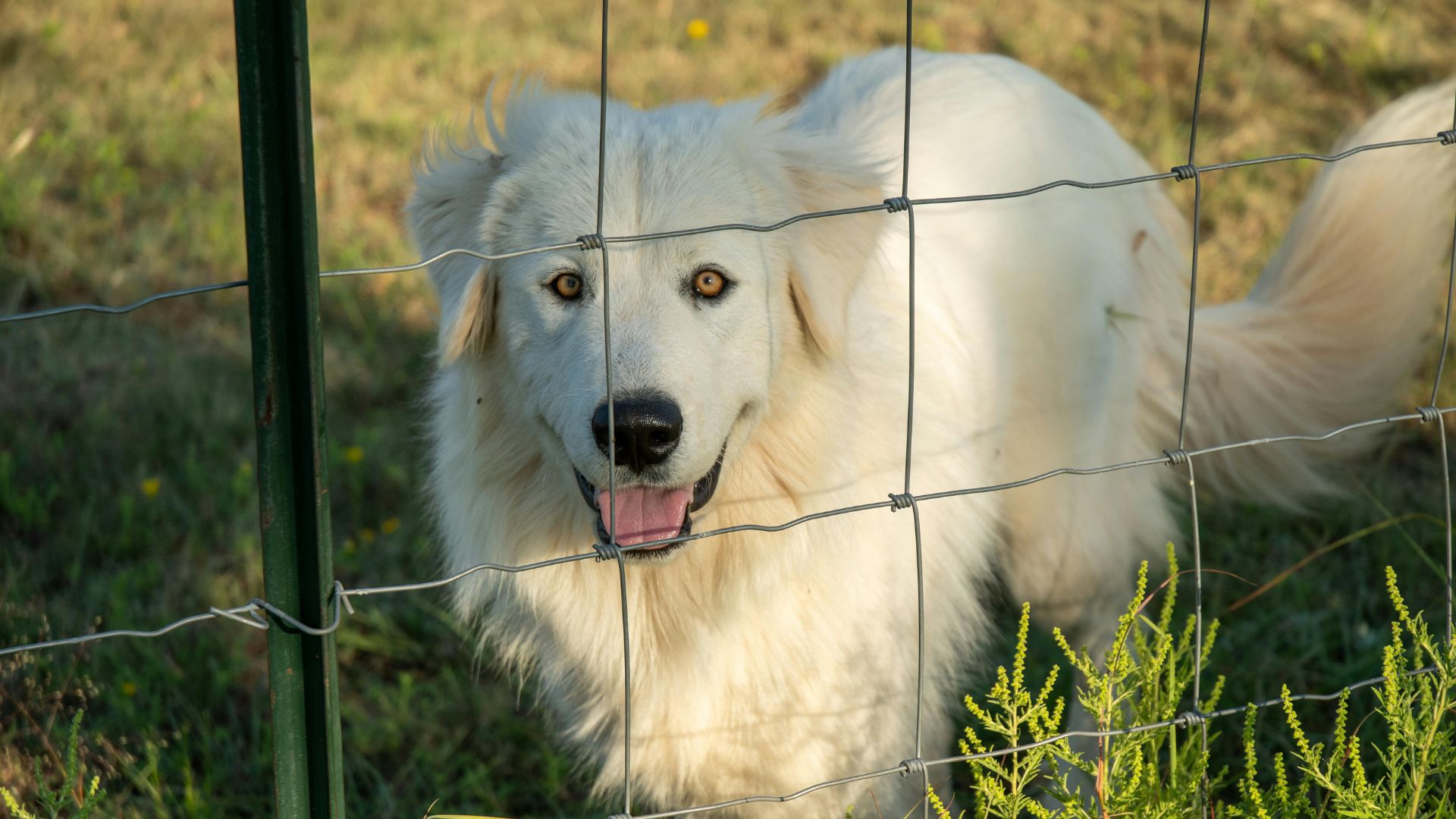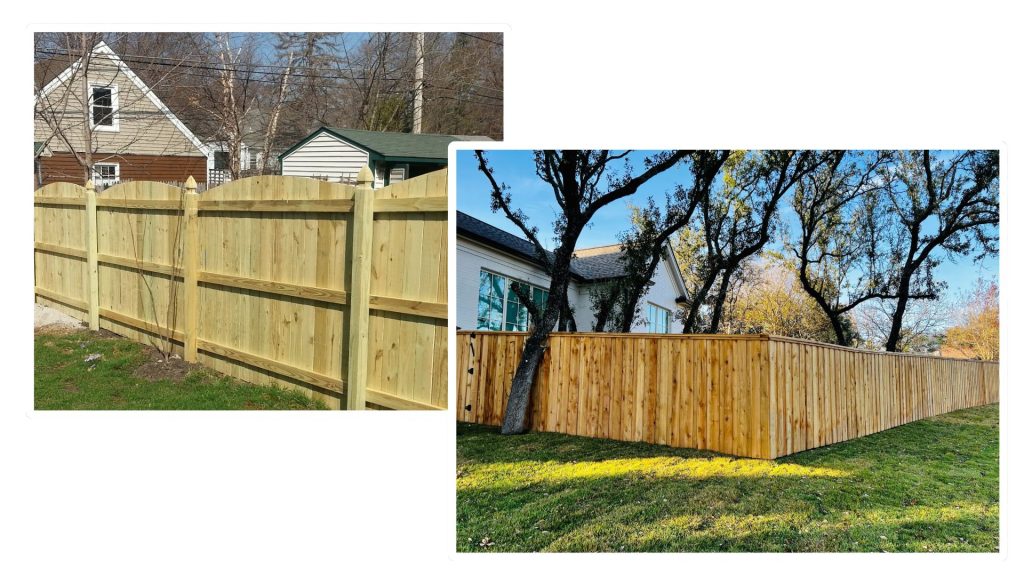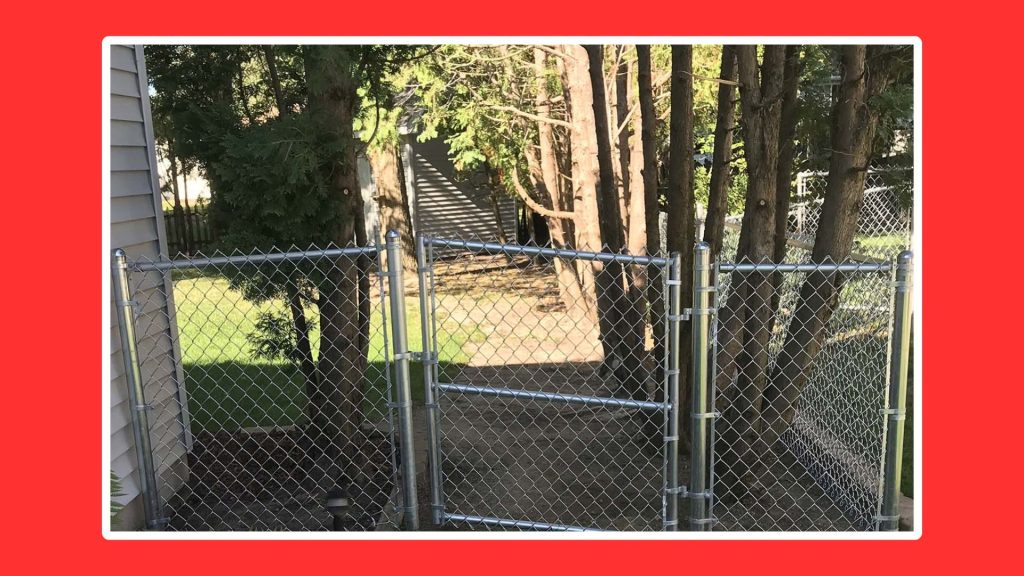Introduction
Whether you’re keeping your dogs from wandering, protecting your chickens from predators, or saving your garden from deer raids, the right farm fence makes all the difference.
But here’s the challenge: in Portland’s rainy climate, not every fence material holds up. Pick the wrong type, and you’ll spend more time repairing than enjoying your yard. Pick the right one, and you’ll have a long-lasting, low-
maintenance solution that keeps your animals and plants safe.
In this guide, we’ll cover the best farm fence options for small acreage, suburban backyards, and hobby farms around the Portland area—so you can choose the one that actually works for your needs.
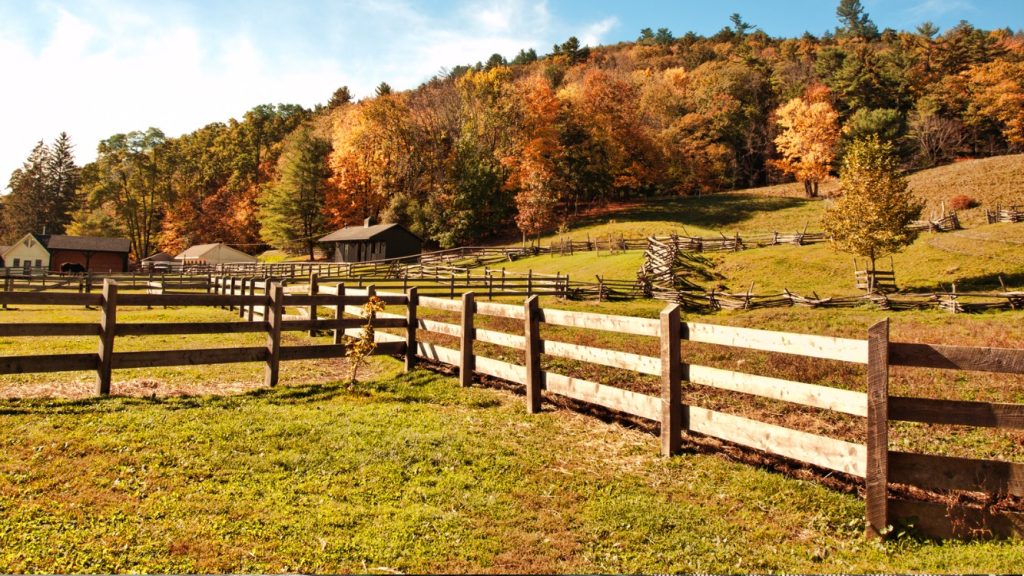
Why Farm Fencing Matters in Portland
Farm fencing here isn’t just about looks. The Pacific Northwest has unique conditions:
- Rainy, muddy ground can weaken posts.
- Wildlife like raccoons, coyotes, and deer test weak fences.
- Pets need secure barriers that won’t rot or warp.
- Gardens need protection without blocking sunlight.
Choosing the right style now saves years of hassle later.
Best Fencing for Pets
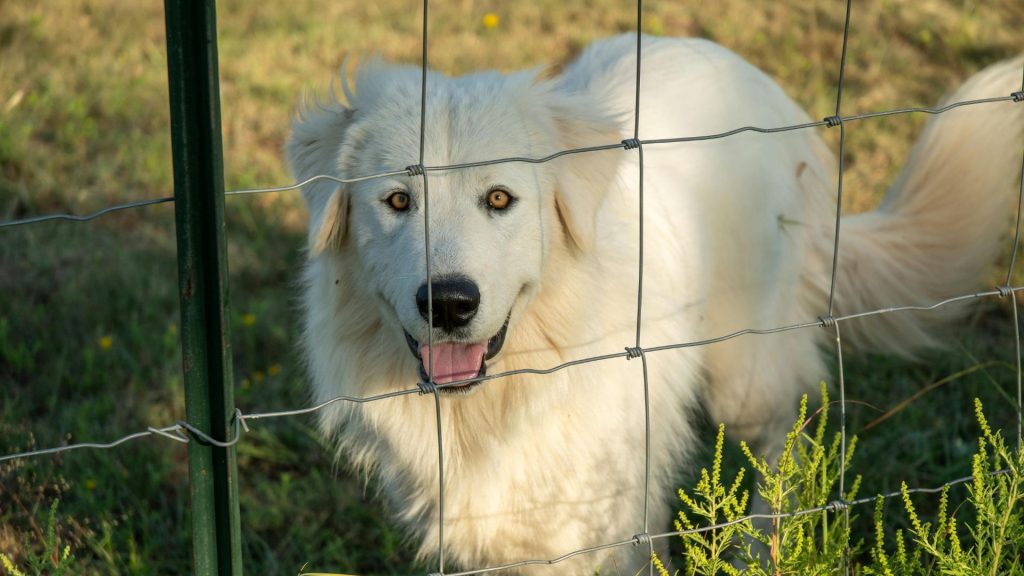
Chain-Link Fence
- Why it works: Strong, secure, and affordable.
- Lifespan: 15–20 years with coated wire.
- Portland fit: Handles rain well and won’t warp like wood.
Add-ons:
- Privacy slats for noise and sight blocking.
- Taller panels to keep in jumpers.
Wood Privacy Fence
- Why it works: Great for dogs who bark at passersby.
- Lifespan: 15–25 years if cedar, with regular sealing.
- Downside: Needs more maintenance in Portland’s damp weather.
Best Fencing for Chickens
Chicken Wire
- Pros: Cheap and lightweight.
- Cons: Only keeps chickens in—not predators out. Not durable in Portland’s storms.
Welded Wire Fence
- Why it works: Stronger than chicken wire.
- Lifespan: 15+ years when galvanized.
- Use: Wraps around coops or gardens for added protection.
Best Fencing for Gardens
Welded Wire Panels
- Why it works: Affordable, keeps out deer, rabbits, and larger pests.
- Height: 6–8 ft recommended for deer.
- Visibility: Doesn’t block sunlight.
Electric Garden Fence
- Pros: Great deterrent for deer.
- Cons: Needs maintenance and monitoring. Portland rain can short it if not installed properly.
Wood or Decorative Fence
- Why it works: Adds charm while protecting raised beds.
- Best for: Smaller backyard gardens, not large acreage.
Farm Fence Material Options Compared
Fence Type | Best For | Cost Level | Lifespan | Portland Fit |
Chain-Link | Dogs, large pets | $$ | 15–20 yrs | Excellent in rain |
Wood Privacy Fence | Dogs, yards | $$$ | 15–25 yrs | Needs sealing, more upkeep |
Chicken Wire | Chickens (basic) | $ | 3–5 yrs | Poor (rusts, weak) |
Welded Wire | Chickens, gardens | $$ | 15+ yrs | Great if galvanized |
Hardware Cloth | Chickens (secure) | $$ | 10–20 yrs | Excellent for predator-proof |
Electric Fence | Deer, gardens | $$–$$$ | Varies | Needs care in wet climate |
Conclusion
The best farm fence depends on your needs:
- For pets, go with chain-link for security and durability.
- For chickens, hardware cloth plus welded wire is the safest option.
- For gardens, welded wire panels give you protection without blocking sunlight.
In Portland’s wet climate, it’s worth spending a little extra on galvanized or coated materials to make sure your fence lasts.
Ready to build a farm fence that works for your animals, garden, and budget? Lyfe Renovations Fencing & Decks as your fence contractor can help you design the perfect solution for your property.
